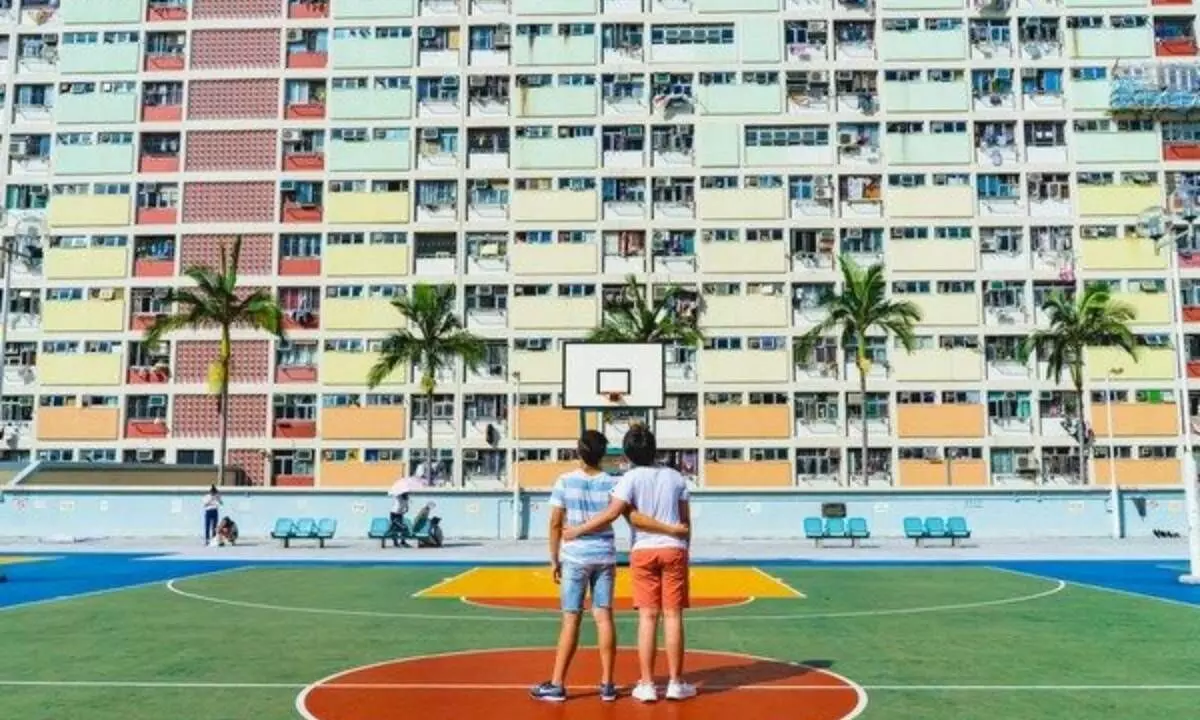Student housing in India to grow exponentially
Post-pandemic, purpose-built student accommodation sector has been steadily rising by 10-15% YoY, reaffirming the scaling demand for quality student homes
image for illustrative purpose

Mumbai The student housing sector is emerging to be a sought-after asset class, given the rising demand for quality purpose-built student accommodation (PBSA), a report says.
Up until recently, the sector was unorganised and unregulated even though thousands of students migrate to the metro cities each year to pursue higher education. The poor conditions of campus hostels and PG homes along with scaling rentals gave birth to the need for quality PBSA across the country, especially in education hubs that have a high footfall of students each year, a recent study conducted by revealed.
The student relocation within the country currently stands at 11 million and is expected to touch 31 million by 2036. Further, there are only 7.5 million student beds at on-campus accommodations pan-India, not enough to serve the current demand and far from being able to meet the projected future demand. There is immense potential for growth given this high demand-supply gap in the sector.
Talking to Bizz Buzz, Swapnil Anil, Executive Director & Head, Advisory Services at Colliers India says, “Post-pandemic, student housing rentals have been steadily increasing, owing to active demand and high occupancy rates (80 per cent) in the top cities. Pune rentals scaled to Rs 15,500 in 2023 from Rs 9,000 in 2021.”
Mumbai and Bengaluru witnessed a growth rate that was almost identical, increasing from Rs 13,500 in 2021 to Rs 19,700 and Rs 18,500, respectively, in 2023. The PBSA rentals in the Delhi-NCR market were already on the higher side at 14,500 in 2021 and has currently jumped to 20,000 in 2023, he said.
According to Anil, “There will be immense requirements for PBSA in the coming years due to new education policies by the government, innovative technologies, and the in-migration of students to pursue higher education.”
A shared space with excellent amenities, same age-group community, convenience in commute, and assistance in day-to-day activities - are the requirements of our young generation. Pre-pandemic, many startups ventured into the PBSA sector, and very few have survived to become seasoned players with large portfolios across the country, he added.
At present, there are a few players in the sector who have a growing presence in the country. Stanza Living currently has 70,000 beds across Dehradun, Vadodara, Indore, Coimbatore, Jaipur, Kota, Ahmedabad, Manipal, Kochi, Vadodara, Vidyanagar, and Nagpur.
Housr Co-Living has a presence in Gurgaon, Hyderabad, Pune, Bangalore and Vishakhapatnam, with plans to expand in Delhi and Kota by the end of the financial year.
Another leading operator, Your Space, has 5,500 beds across Delhi, Mumbai and Pune and aims at having a total of 20,000 beds by 2024 in prominent education hubs like Jaipur, Bengaluru, Hyderabad, Chennai, Kota, and Kolkata.
Finally, Olive Living, managed by Embassy Group, has a stock of 2,500 beds and looks at adding another 20,000 over the next few years.
Post-pandemic, student housing rentals have been steadily rising by 10-15 per cent YoY, reaffirming the scaling demand for quality student homes. With student enrollment in higher education projected to cross 92 million by 2036, there are untapped opportunities for investors and developers and tremendous scope for the sector’s growth. It is likely that the market will see the emergence of new players and perhaps even global investors in the PBSA market.

